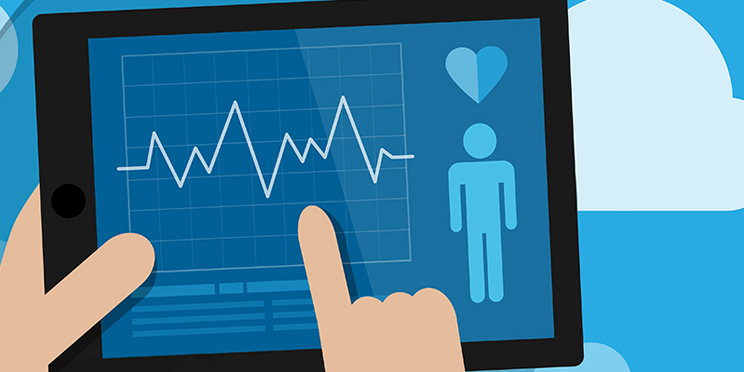While the health sector is seeing scorching growth, this also entails increased out-of-pocket expenses for patients. Healthcare players know that an optimal mix of quality care, accessibility for all, and affordability is in the best interests of end users and the community at large. Even so, cost efficiencies have plateaued and it’s difficult to make much headway in this area without drastically revamping the existing system. It is in this context that the adoption of electronic health records (EHRs) is becoming the centrepiece in most conversations on health sector reforms. Storing a patient’s health history in digital format makes it easier to access by multiple healthcare providers, ensures speedier treatment, and cuts out manual paper-based processes to reduce cost in a major way. Currently patient data is in silos and on paper mostly, so its lacks accessibility and therefore it is rarely put to any useful purpose. By contrast, EHRs can be run past automatic systems to remove health information (de-identify) that is considered “protected” as per data privacy legislations (e.g., USA’s HIPAA). Medical researchers can then work on de-identified patient data to understand the cause and effect of diseases.
By moving EHRs to the blockchain distributed ledger, it will be possible for patients themselves to take charge of these records and share them, where required, with multiple care providers. The blockchain-based system of adding and maintaining records represents a clear break with the prevailing practice of storing data in a centralized repository with an administrator keeping watch. In a blockchain, data is hashed and stored in a distributed ledger that is visible to all network participants. A new piece of data is vetted for its validity by network participants before it is added to the chain. Going by the same logic, any attempt by a hacker to corrupt data in the chain will be invalidated by one or other participant. Thus, blockchain technology can make EHRs immutable and irrevocable while reducing spend and improving care delivery.








Be First to Comment